* * * *

* * * *
Before this week’s post on Pentecost Sunday, I reviewed two posts from the distant past. I updated and revamped them on Friday, May 17. First, On Jonah and the bra-burners, from January 2015, then The True Test of Faith, from February 2014. And they needed updating…
The Jonah post talked of the whale in the story as an “attention getter” that got out of hand, like feminists burning bras at 1968’s Miss America pageant. That got attention, but ended up a trivializing “negative and trite association.” (The post added that the real message of Jonah is that God’s love is universal.) The “true test” post talked of how some might handle dying and finding out there is no God. (And how I got assured by the First law of thermodynamics.)
Now it’s time to move on to Pentecost Sunday, 2024, but first a story of my own.
I graduated high school in 1969 and went off to college. Like many young people who do that I stopped going to church. That lasted until 1987 when I met Karen, the lady who became my first wife. She died in 2006, after 19 years together, but in 1987 she was looking for a church to call home. She tried many, and I started going to these different churches with her.
She found a place, “Faith Community” south of Largo (FL), and soon her daughter Candy started going too. One Sunday Karen and I got there after the service started. We entered the front hallway and heard a strange murmuring from inside the main auditorium. Then Candy burst out and announced, “these people are crazy!” It seems every one of the 200 or so people inside were “speaking in tongues.” It freaked Candy out, and I wasn’t too crazy about it either. And it wasn’t long after that I said to Karen, “I have an idea. Why don’t we try the church I grew up in. St. Dunstan’s here in Largo.” We tried it and she loved it. We got married there on Valentine’s Day, 1993, and Bishop Harris confirmed her the following February 28.
The point? I may not have returned to “the church of my yoot” if it hadn’t been for the babblers – those “speakers in tongues” – back in 1987. The connection is that Pentecost is also called “Tongue Sunday.” That’s partly because of those Tongues of Fire discussed further below, and because some onlookers expressed the functional equivalent of “those people are crazy!” Just like Karen’s daughter Candy did in 1987, hearing people ostensibly speaking in tongues. (The Lord does indeed work in mysterious ways.)
Back on track: First of all, “Pentecost” comes from the Greek for “50th day.” It always comes 50 days after Easter Sunday. (Seven weeks plus one day.) And it’s been around a long, long time. (Wikipedia said the feast in Judaism is called Shavuot, and celebrates the giving of the Law on Sinai.) Yet another name for Pentecost is Tongue Sunday, as noted.
There were the “tongues of fire,” but also the disciples “spoke in tongues.” (Glossolalia.) As it says in Acts 2:4, “All of them were filled with the Holy Spirit and began to speak in other tongues as the Spirit enabled them.“ That made some onlookers skeptical. As noted in Acts 2:12 and 13, some who saw the event were amazed, but “others sneered and said, ‘They are filled with new wine!’” But as Isaac Asimov noted, the Apostles weren’t just “babbling.”
They spoke in known languages. People from different nations understood. Asimov wrote: “In their ecstasy, they uttered phrases in a number of languages,” including the marketplace Koine Greek used in the Roman Empire as well as the disciples’ native Aramaic. Those “who listened to them from the various nations … would have understood something.” Acts 2, verse 8-11:
“How is it that we hear, each of us, in our own native language? Parthians, Medes, Elamites, and residents of Mesopotamia, Judea and Cappadocia, Pontus and Asia, Phrygia and Pamphylia, Egypt and the parts of Libya belonging to Cyrene, and visitors from Rome, both Jews and proselytes, Cretans and Arabs – in our own languages we hear them speaking about God’s deeds of power.” (Emphasis added.)
Of course all that is well and good, but the important thing about Pentecost Sunday as described in Acts is that it was a “momentous, watershed event.” For the first time in history, God empowered “all different sorts of people for ministry.” That was drastically different from Old Testament times, when “the Spirit was poured out almost exclusively on prophets, priests, and kings.” But on this first Pentecost Sunday the Holy Spirit was given to all people. All of us, from that day forward, were “empowered to minister regardless of their gender, age, or social position.” (What is Pentecost? Why Does It Matter? – Patheos.)
And finally, Pentecost Sunday is when we get to say, “Happy Birthday, Church!”
Before the events of the first Pentecost – a few weeks after Jesus’ death and resurrection – there were followers of Jesus, but there was no movement that could be meaningfully called “the church.” So, from a historical standpoint, Pentecost is the day when the Church as we know it was started. (“The Spirit brings the church into existence and enlivens it.”)
So here’s wishing you a “Happy Birthday, Church,” and also a Happy Pentecost, both the day and the season. (A season that can take up half the church year, as shown below.)
* * * *
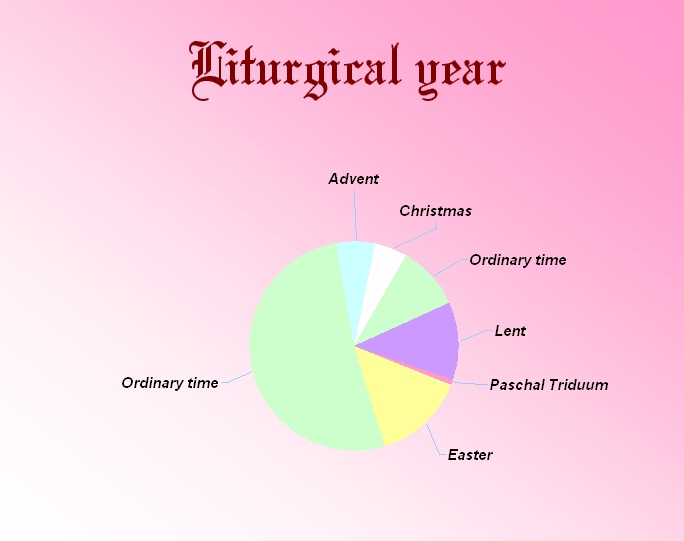
* * * *
The upper image was originally courtesy of Pentecost Sunday Images – Image Results. But see also El Greco – Pentecost, 1610 at Prado Museum Madrid Spain, which I went on to “glean.” The caption is from the Wikipedia article, gleaned from the following: “The Christian High Holy Day of Pentecost is celebrated on the 50th day (the seventh Sunday) from Easter Sunday. It commemorates the descent of the Holy Spirit upon the Apostles and other followers of Jesus Christ while they were in Jerusalem celebrating the Feast of Weeks, as described in the Acts of the Apostles (Acts 2:1–31).”
The Book of Common Prayer reference: The “corporate-mystical” prayer is on page 339, the post-communion prayer for Holy Eucharist, Rite I.
“Feast days” are designated days on the liturgical (church) calendar “set aside to commemorate events, saints, or doctrines that are important in the life of the Church. These can range from Solemnities, which are the highest-ranking feast days like Easter and Christmas, to optional memorials that celebrate lesser-known saints.” Feast Days: Celebrating the Church’s Calendar.
For this post I borrowed from On Pink Floyd and Pentecost Sunday – 2021, Pentecost 2020 – “Learn what is pleasing to the Lord,” and – from 2015, On Pentecost – “Happy Birthday, Church!”
Confirmation in the Episcopal Church is the sacramental rite in which the confirmands “express a mature commitment to Christ, and receive strength from the Holy Spirit through prayer and the laying on of hands by a bishop.”
Re: “Church of my yoot.” Referring to what I call the My Cousin Vinny psalm. Psalm 25:6 reads, “Remember not the sins of my youth.” Or “yoot,” as in “Dese two yoots.”
Also, the “more boring detail” follows these standard notes, separated by another four asterisks.
The lower image is courtesy of Liturgical year – Wikipedia. See also Ordinary Time – Wikipedia.
* * * *
Here’s that “more boring detail,” some of which I may use in future posts. For one thing I researched this speaking-in-tongues business and found 1st Corinthians 14, where the Apostle Paul talked a lot about it. In verse 19, “in the church I would rather speak five intelligible words to instruct others than ten thousand words in a tongue.” Verse 23, “if the whole church comes together and everyone speaks in tongues, and inquirers or unbelievers come in, will they not say that you are out of your mind?”
Also, “babbling” can mean the “sound of people talking simultaneously,” or to “talk rapidly and continuously in a foolish, excited, or incomprehensible way,” or to utter meaningless or foolish words or sounds.
Another thing Pentecost does is mark the beginning of “Ordinary Time,” as it’s called in the Catholic Church. “Ordinary Time” takes up over half the church year, though in the Episcopal Church and other Protestant denominations, it goes by another name. In the Anglican liturgy, the Season of Pentecost begins on the Monday after Pentecost Sunday and goes “through most of the summer and autumn.” It may include as many as 28 Sundays, “depending on the date of Easter.”
* * * *
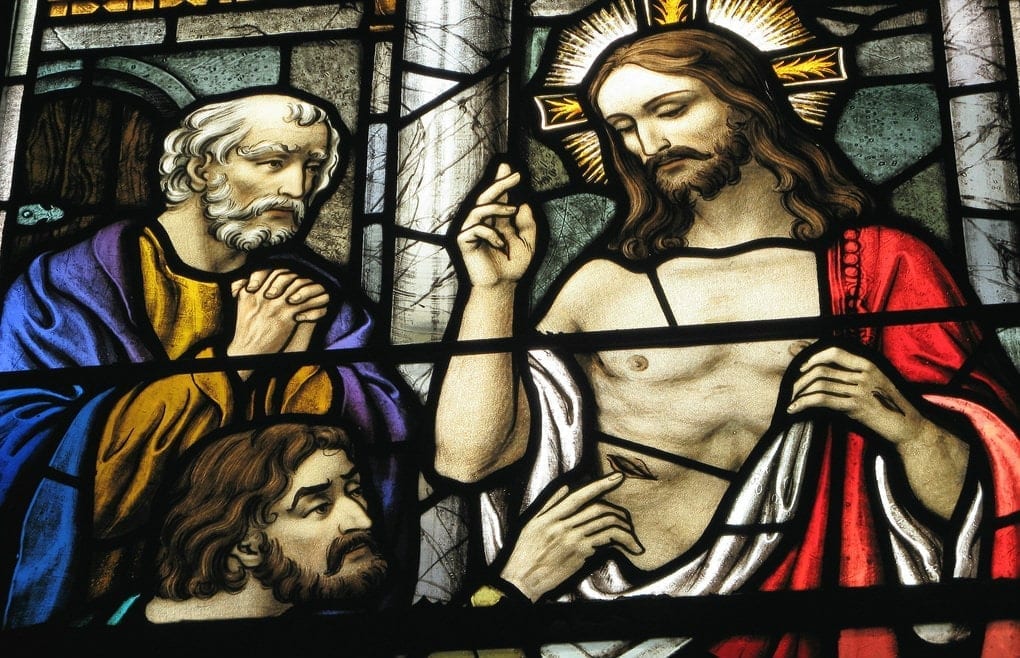
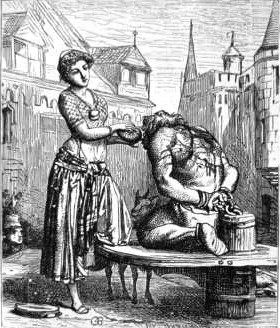



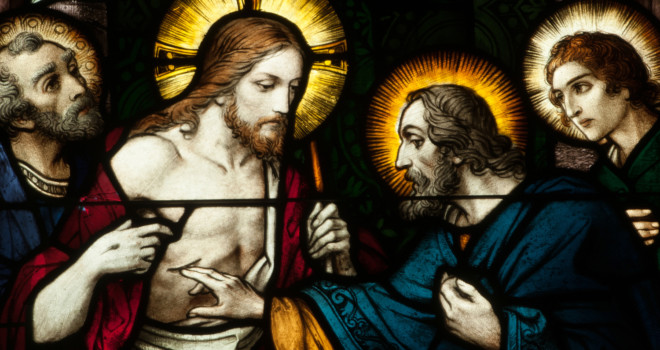




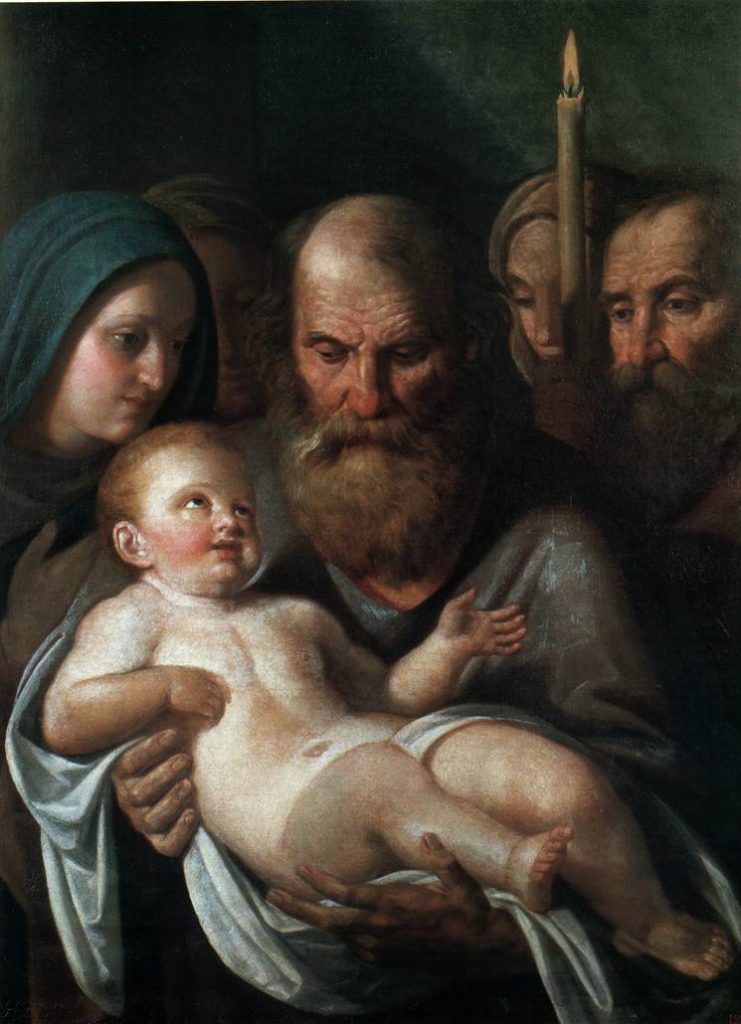
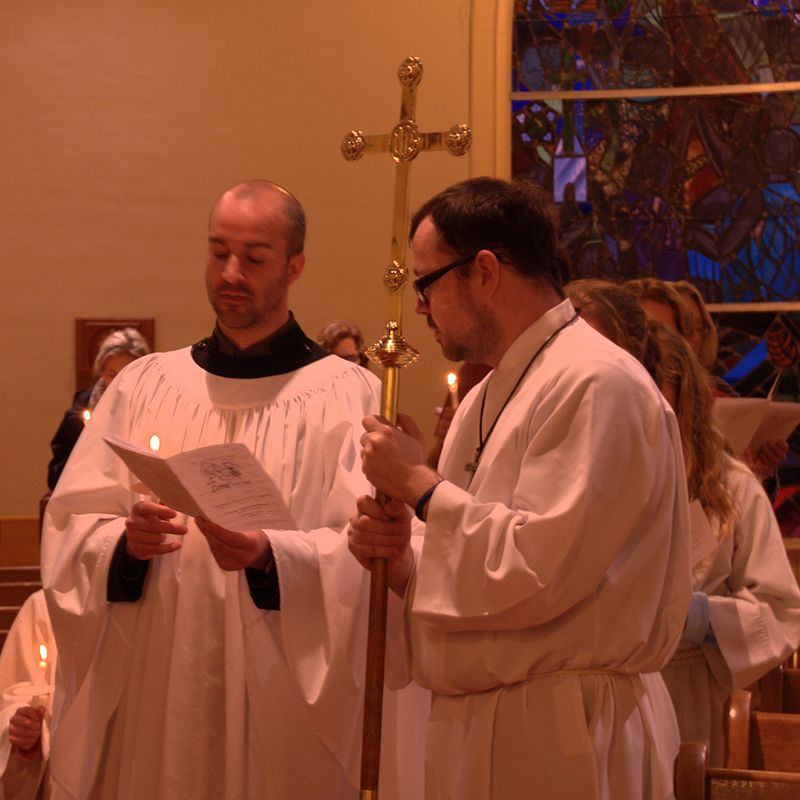


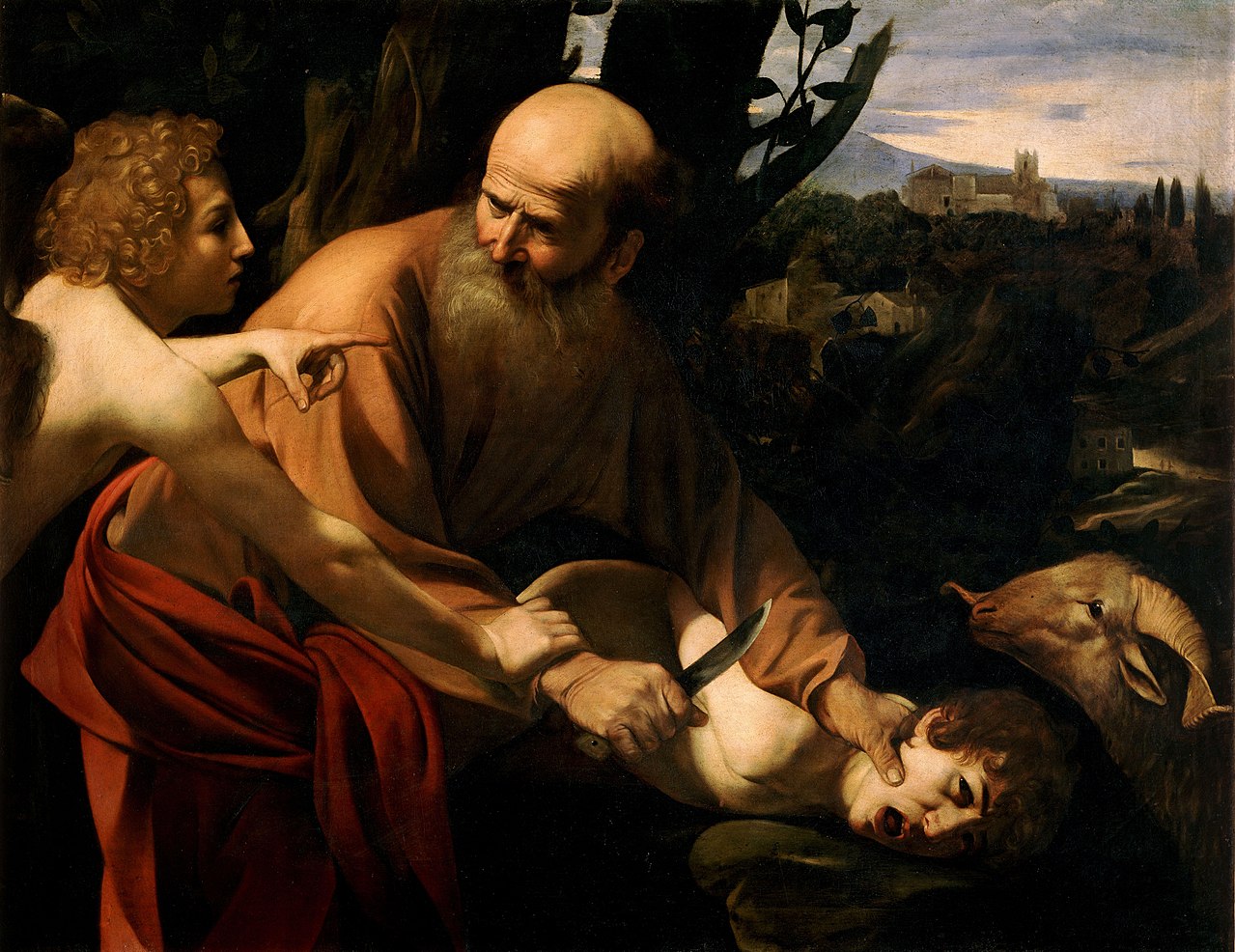
 Thursday, October 18, is the
Thursday, October 18, is the  That’s when it hit me. The priest’s theory wasn’t all that crazy. There was
That’s when it hit me. The priest’s theory wasn’t all that crazy. There was 
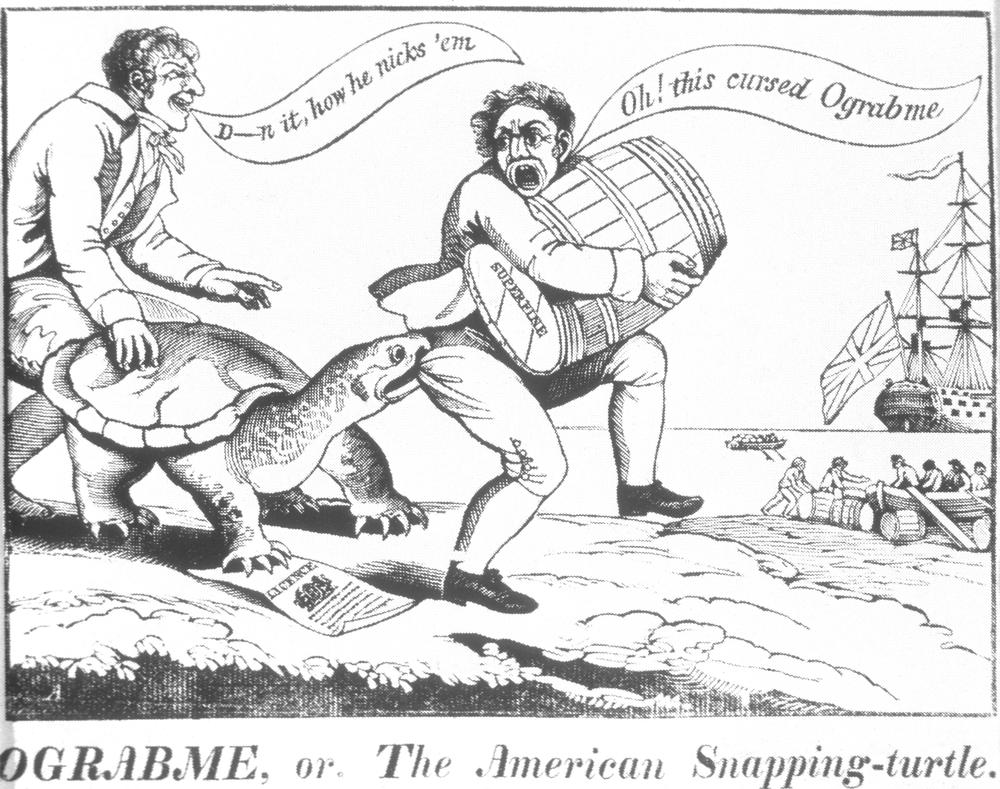
 For an explanation of the symbols in the cartoon, see the notes. But the point is that even a smart guy like Thomas Jefferson could have some really stupid ideas.
For an explanation of the symbols in the cartoon, see the notes. But the point is that even a smart guy like Thomas Jefferson could have some really stupid ideas. But getting back to Thomas Jefferson and his role as
But getting back to Thomas Jefferson and his role as 

 That practice – obviously – involves
That practice – obviously – involves  Which is not a pretty picture – or subject – to contemplate. And this is my point: Like
Which is not a pretty picture – or subject – to contemplate. And this is my point: Like 
 That brings up the Gospel for May 27,
That brings up the Gospel for May 27, 